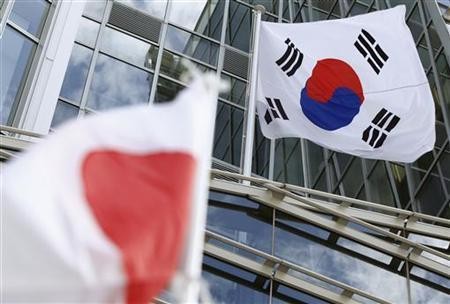Alibaba Group Holding Ltd., China’s premier e-commerce firm, announced on Wednesday that it will be kicking off its logistics service in South Korea this 2015.
Cainiao Network, an Alibaba-covered logistics company, intends to carry out both medium- and long-term logistics program in the prospect country.
As part of its planning, Cainiao is currently analyzing relevant data and meeting with local and foreign partners, inquiring for the utility of their logistic equipment and facilities.
However, Alibaba clarified that the launching will not yet commence in April, as what some South Korean-based media groups earlier reported.
The e-commerce giant also noted that the per-kilo logistic service form South Korea to China is not 4,800 won.
With this logistics venture of Alibaba, Chinese consumers will be able to buy products directly from South Korean sellers.
This latest endeavor will be aided by the firm's one-stop services as supplied by its Web-based shopping platform, Tmall.com, by Alipay and by Cainiao Network.
According to an article by the South Korean media brand Joongang Daily, the country merely accounts for a less-than-one-percent statistic in China's immense direct overseas shopping market. This attracts its government and other business sectors to be willing to deal with logistics-centered ventures.
In August of 2014, South Korean President Park Geun-hye and Alibaba founder and chairman Ma Yun agreed to boost and heighten e-commerce partnership between the two economic giants.
Ma eyes to launch all-around e-commerce cooperation with South Korea. Prior to South Korea, Alibaba has signed deals with Britain, Italy and France.
Last year, Alipay initiated a tax refund service in South Korea. It has also cooperated with the country's T-money firm that currently issues "Alipay T-money" cards for Chinese tourists. The cards can be used to pay for public transportation expenses in Seoul and Jeju Island and for coffee shop, convenience and cosmetics stores purchases.



























